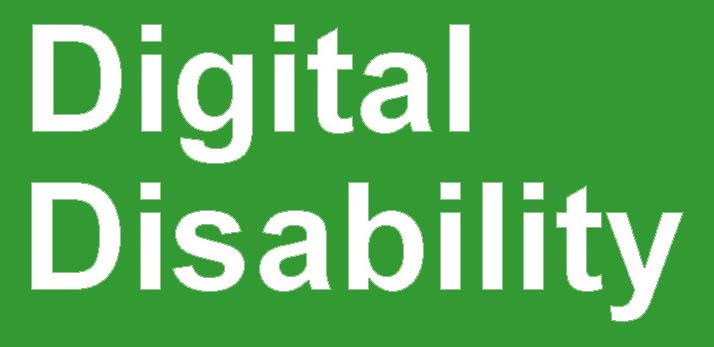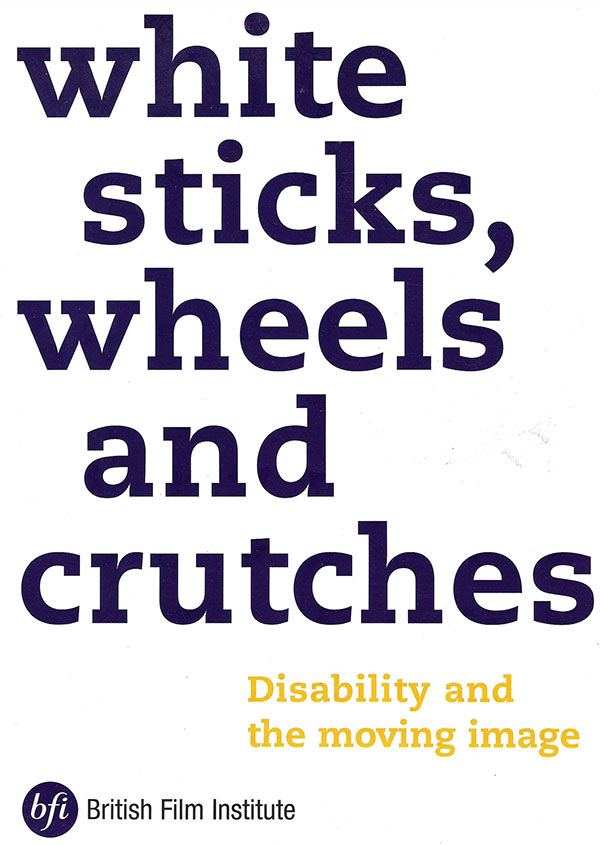Tanni Grey-Thompson OBE
Paraolympian athlete
My favourite disability film is Born on the Fourth of July as it shows how disabled people are treated medically. Tom Cruise did an excellent job of falling out of his chair drunk! (I laughed in the cinema and so did all my mates. A woman behind tapped me on the shoulder and told me it was disgraceful I was laughing at 'those poor people '!)

